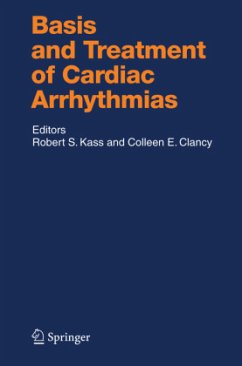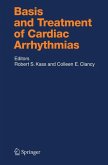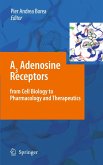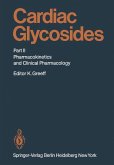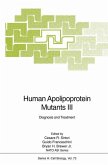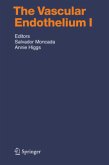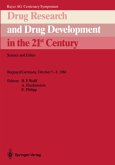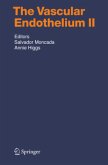In the past decade, major progress has been made in understanding mec- nisms of arrhythmias. This progress stems from much-improved experim- tal, genetic, and computational techniques that have helped to clarify the roles of speci?c proteins in the cardiac cycle, including ion channels, pumps, - changer, adaptor proteins, cell-surface receptors, and contractile proteins. The interactions of these components, and their individual potential as therap- tic targets, have also been studied in detail, via an array of new imaging and sophisticated experimental modalities. The past 10 years have also led to the realization that genetics plays a predominant role in the development of lethal arrhythmias. Many of the topics discussed in this text re?ect very recently undertaken research directions including the genetics of arrhythmias, cell signaling mo- cules as potential therapeutic targets, and traf?cking to the membrane. These new approaches and implementations of anti-arrhythmic therapy derive from many decades of research as outlined in the ?rst chapter by the distinguished professors Michael Rosen (Columbia University) and Michiel Janse (University of Amsterdam). The text covers changes in approaches to arrhythmia therapy over time, in multiple cardiac regions, and over many scales, from gene to protein to cell to tissue to organ.

